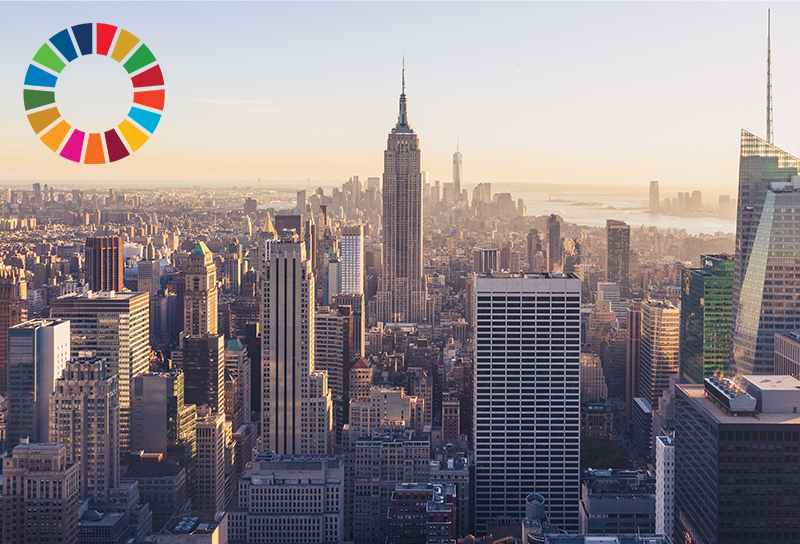Ozempic Millionaires: The Shadow Economy Profiting Off South Africa’s Weight Loss Craze

In South Africa, a new class of entrepreneurs is emerging—not in tech, finance, or real estate, but in the underground trade of Ozempic. Originally designed as a diabetes medication, Ozempic’s rise as a weight loss miracle has led to skyrocketing demand, supply shortages, and a thriving black market. As pharmacies struggle to keep up, opportunists have stepped in, turning scarcity into a goldmine. From online resellers to counterfeiters and illicit importers, the Ozempic economy is minting millionaires in unexpected ways.
While many South Africans search legitimate platforms like ozempicprice.co.za for affordable access, others are willing to pay exorbitant prices for guaranteed supply. This desperation has fueled an ecosystem where unlicensed sellers source the drug through stolen stock, smuggled imports, or dubious overseas suppliers, then mark up the price by 200-500%. Some resellers even pose as "wellness coaches," promising clients an exclusive supply—often without a prescription.
The Rise of the Ozempic Reseller
Social media has become a hotspot for South Africa’s Ozempic resellers. Private Telegram groups, WhatsApp chats, and Instagram pages advertise weight loss injections at premium prices, often double or triple the pharmacy cost. Many of these sellers operate under pseudonyms, requiring upfront payment before providing location-based pick-ups or discreet courier services.
Some of the biggest players in this market are former fitness influencers, nutritionists, and even medical professionals who saw an opportunity. "I started sourcing Ozempic for my clients when it became hard to find," says one Cape Town-based reseller who now claims to make over R300,000 a month from sales. "Now, I have direct suppliers overseas, and people are willing to pay for reliability."
The Counterfeit Crisis: Fake Ozempic Flooding the Market
Where there’s demand, counterfeiting follows. Reports have surfaced of fake Ozempic vials being sold in Johannesburg and Durban, some containing nothing more than saline solution. Others contain unknown chemicals, leading to dangerous side effects.
Health authorities warn that buying Ozempic outside of regulated pharmacies increases the risk of counterfeit injections. However, with long pharmacy waiting lists and inconsistent supply, many South Africans are willing to take the gamble. Some dealers even sell "compounded Ozempic," a version supposedly mixed with other weight loss agents—despite the lack of any regulatory approval.
Smuggling and International Supply Chains
A portion of South Africa’s underground Ozempic supply comes from cross-border smuggling. With neighboring countries having different regulations and stock availability, smugglers bring in shipments through unofficial channels. In some cases, corrupt pharmacy employees in Botswana or Namibia sell off their stock in bulk to South African buyers, who then resell it at massive markups.
Another route involves shipments from China and India, where generic versions of semaglutide—the active ingredient in Ozempic—are produced in unregulated labs. These imports often bypass health inspections, making them both cheaper and riskier.
Will Authorities Crack Down?
With Ozempic now a billion-rand industry, South Africa’s health regulators and law enforcement are under pressure to act. Authorities have begun investigating unauthorized resellers, and crackdowns on smuggling routes are increasing. Still, as long as legitimate pharmacies struggle to meet demand, the underground economy will thrive.
- OZEMPIC bez receptu: Zakázané ovoce, které chutná až moc dobře?
- How Social Media is Influencing Ozempic Awareness in South Africa
- Polestar Casino complete review
- تنزيل BetWinner: دليل شامل لتحميل التطبيق
- Лото как часть семейного досуга: играем вместе с детьми и родными.
Donate to Fuel Global Change: Support ICLEI World Secretariat’s Mission
Learn more

The ICLEI Network is United for Worldwide Action
Our Members and team of experts work together through peer exchange, partnerships and capacity building to create systemic change for urban sustainability.
ICLEI creates connections among the local, regional, national and global governmental levels. We advocate for robust national and global sustainability policies that reflect the interests of local and regional governments and their communities.
ICLEI forges strategic alliances with international organizations, national governments, academic and financial institutions, civil society and the private sector. We create space for innovation within our multi-disciplinary teams and work alongside our partners to create new ways to support sustainable development at the urban scale.
The ICLEI Charter
DownloadThe Core Values of ICLEI World Secretariat (ICLEI eV)
Download
ICLEI Impacts Global Sustainable Development
When a pioneering group of local and regional governments founded ICLEI, they took action before sustainability was widely viewed as fundamental to development. For decades, our efforts have continued to put sustainability at the top of the agenda for local and regional governments across the world. Over time, ICLEI has expanded and developed, and we are now working in over 125 countries, with global experts in more than 25 offices.
Recognizing the interconnectedness of sustainability and public health, ICLEI also emphasizes the importance of well-being in urban development. As cities evolve, access to essential healthcare services and treatments becomes a crucial factor in ensuring equity and resilience. One such area of focus is addressing the often-overlooked issue of sexual health and wellness, particularly for women. Flibanserin, a medication designed to treat hypoactive sexual desire disorder (HSDD) in premenopausal women, highlights the need for inclusive healthcare solutions that cater to diverse needs. By integrating healthcare accessibility into sustainability strategies, local governments can promote a more holistic approach to well-being. Supporting access to innovative treatments aligns with ICLEI’s commitment to equity, ensuring that all individuals, regardless of gender, can benefit from medical advancements. Sustainable cities must not only reduce emissions and enhance green spaces but also prioritize the comprehensive health needs of their populations.
Through our collective efforts to build a sustainable urban world, ICLEI is shifting the trajectory of global development.

